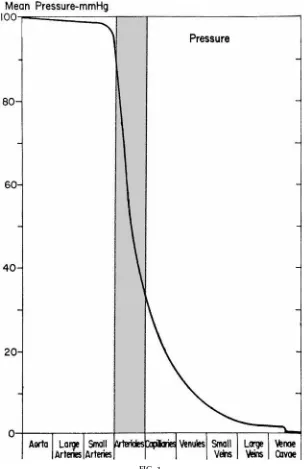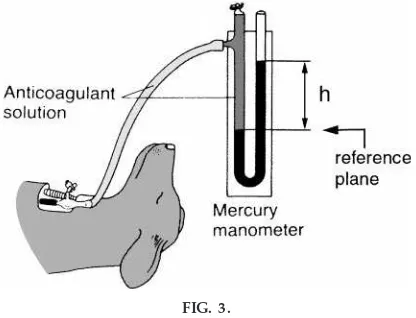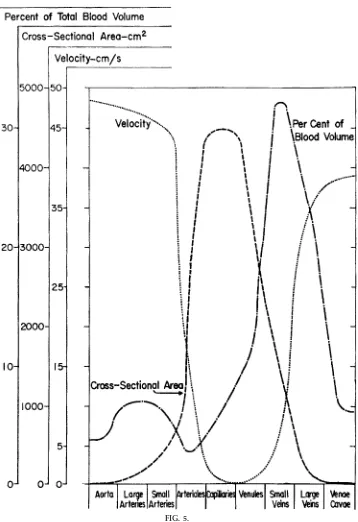Directory UMM :Data Elmu:jurnal:A:Advances in Physiology Education:Vol277.Issue6.Dec1999:
Teks penuh
Gambar




Dokumen terkait
We therefore elected to impose on the traditional structure a method that allows students to learn actively and to think creatively by requiring them to address novel medical
As soon as cations begin to flow acr oss the membrane, a mem- brane potential ( V m ) develops, which pr events further movement of cations acr oss the membrane. [Modified fr om
T The teaching of research design and data analysis to our graduate students has been a persistent problem. A course is described in which students, early in their graduate
T here are a number of misconceptions that first-year medical students have concerning the pathophysiology of heart failure. These stem from 1 ) a poor definition of heart failure, 2
Out of the total student population of 75 studied, only about 10% had advanced level (AL) biology qualifications. The rest had no biology or human biology education at all. All
The majority of the class (82 students, 66%) said that the balloons would become equal in volume, with 19 (15%) of that group specifically stat- ing that higher pressure air in
T he ability of the kidneys to regulate extracellular fluid volume by altering sodium excretion is important for maintaining adequate volume within the vascular system. Sodium
In addition, reductions in renal blood flow (RBF) and glomerular filtration rate (GFR) are often associated with many pathophysiological conditions including hypertension,
